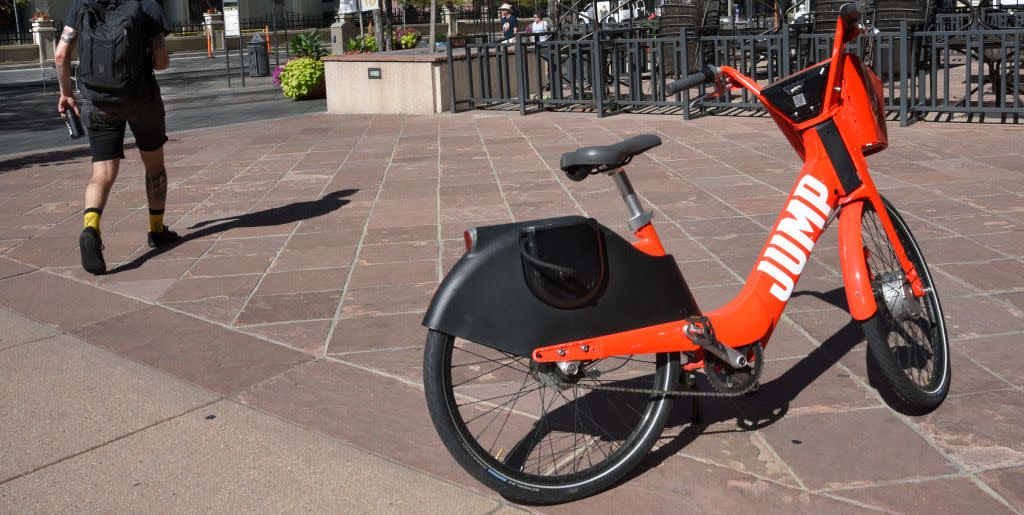Take an E-Bike to Seriously Cut Carbon Emissions

Research from a recent study shows the important role that e-bikes can play in reducing carbon emissions in cities.
Published in Transportation Research, the study says that carbon emissions could be reduced by 12 percent if just 15 percent of urban transportation trips were instead made by e-bike.
The researchers, based out of Portland State University, chose to look at Portland, Oregon, for their study in part because of the transportation data that was readily available and the city’s large bike path network. Their research built upon a 2015 report known as the “Global High Shift Cycling Scenario,” which outlines the possible benefits of cycling making up a larger part of urban transportation around the world. They also used data from an earlier study which surveyed e-bike use in North America.
[Want to fly up hills? Climb! gives you the workouts and mental strategies to conquer your nearest peak.]
With the data from those previous studies, plus transportation data specific to Portland, the researchers created a model to determine various outcomes for an increase in e-bike use.
The researchers chose to focus specifically on e-bikes instead of regular bikes because “e-bikes encourage users to cycle farther and more often than conventional bicycles.” Any carbon emissions related to e-bikes themselves, like the electricity that’s required to charge them, were accounted for in this recent study. It’s also noted that emission differences in how that electricity is produced is pretty negligible.
The study, and its findings, differentiates between “utilitarian” or commuter e-bike trips and those made for exercise or recreation. “We found that [e-bike trips for exercise or recreation] did not impact the emission reductions, as the overall emissions rate of the e-bike is still so incredibly low compared to other vehicles,” study author Michael McQueen told Bicycling.
The study also breaks down which type of transportation those utilitarian e-bike trips would replace, both by trips and by person miles traveled (PMT).
“Of the utilitarian PMT made by e-bikes instead of by other modes, 72.4 percent would have been traveled by car, 12.2 percent by conventional cycling, 13.2 percent by public transit, and 2.2 percent by walking, assuming route choice is held constant,” the study said.
Another cool statistic and possible benefit: “An individual e-bike could provide an average reduction of 225kg CO2 per year,” according to the study.
And though the study is specific to Portland, the model used could work for other cities across North America, according to McQueen.
“This data can easily be switched out with information from other cities,” McQueen said. “The findings, in terms of percent reduction in CO2 from passenger transportation per a given increase in e-bike PMT mode share, would be pretty similar to Portland.”
You Might Also Like

